August 2018 – Sponsored Combat Medical Courses for Anti-Poaching Rangers Working In The “Rhino War”
As part of Operation Rhino Shield, our main conservation effort, we have been busy providing multiple advanced training workshops, classes, and courses for rangers working hard to keep rhino safe.

This August we launched another one of our annual training courses across South Africa. Rangers who partake in this class learn the advance techniques necessary to deal with combat related injuries and trauma. Everything from bullet wounds, to venomous snake bites, to being injured by elephants is covered.

Chris Laursen, Head GCF Combat Medical Instructor, took along John Green for his first training deployment to provide training for rangers from 8 different reserves in the heart of the rhino poaching crisis. This deployment was sponsored by a generous donor, and all teams will receive TECC certificates of completion, and personal field first aid kits at the end of training.

Medical Training on The Frontlines of Wildlife Protection

Defending wildlife comes with the obvious risk of dealing with poachers, but other elements of the job add risk of loss of life and limb. Run ins with elephants, buffalo, lions, venomous snakes, and insects, are among the top related incidents for anti poaching rangers (for wildlife).
Due to the daily conditions with patrol there are more common injuries such as broken bones, dehydration, sprains, dislocated joints, and illness. For these reasons it is imperative that rangers have top notch, or at the very least basic, knowledge of field first aid. It simply saves lives.
In the World of wildlife protection resources are scarce and it is difficult for rangers to get equipment and training. There are many assumptions made from the outside, such as ranger units are well funded and can “just get trained” in these seemingly obvious backgrounds. Many times the team management has to choose between adding more team members, getting basic equipment, and or maybe sending a couple rangers for advance training. This is where we step in! We provide training in multiple different backgrounds applicable to the field of anti poaching and wildlife conservation to ensure rangers are working at the highest capacity. The stronger the anti poaching unit, the safer the wildlife.
How much does this cost?
The ranger training we provide is one of the most cost effective sponsorships we provide. A team of Instructors move from region to region providing instructional courses, in the field with the ranger units, and supply medical response kits for the anti poaching units.
To move the Instructors around it takes the cost of a flight and a couple in country night stays. Generally an entire deployment, that provides around 100 to 150 rangers with training, costs $1,500 per instructor. Thats $20 per ranger to sponsor a course.
Is it effective?
The quick and obvious question is, yes. We’ve provided training for hundreds of rangers and a good percentage have provided medical assistance to colleagues in the field. Anything from cuts and bruises to CPR to getting smashed by an elephant has been reported back. The rangers who take the course not only walk away better trained, they walk away proud and more comfortable to return to the field. Many rangers are scared to get injured because it may be up to just their partner to get them “out.”
Sponsor Field Medical Training For Anti Poaching Units
Click Here to Sponsor Rhino Rangers
CONNECT
- P.O. Box 956 Oceanside, CA 92049
- info@globalconservationforce.com
- EIN 474499248
- Copyright 2024. All Rights Reserved. Powered by Wild Media.

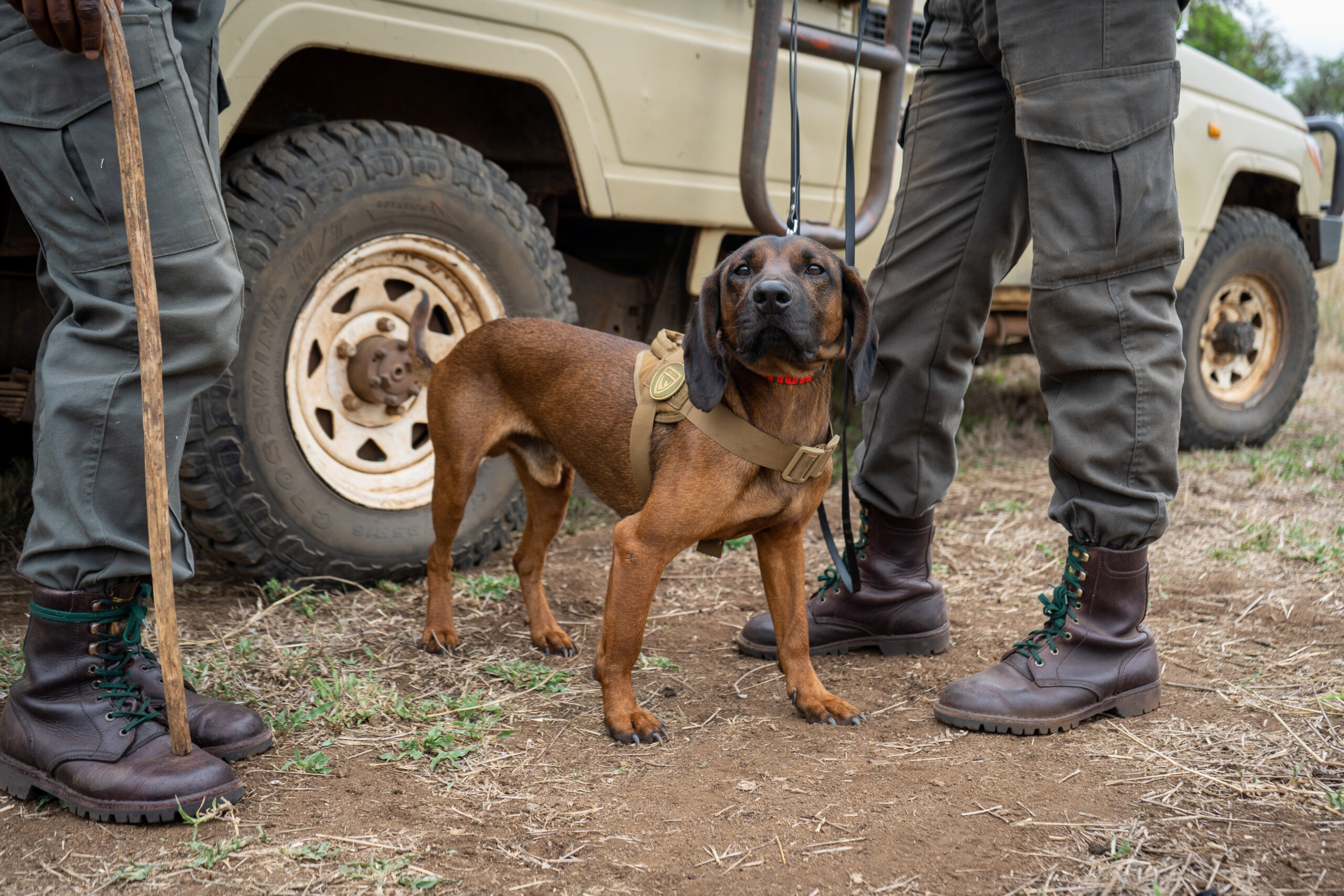
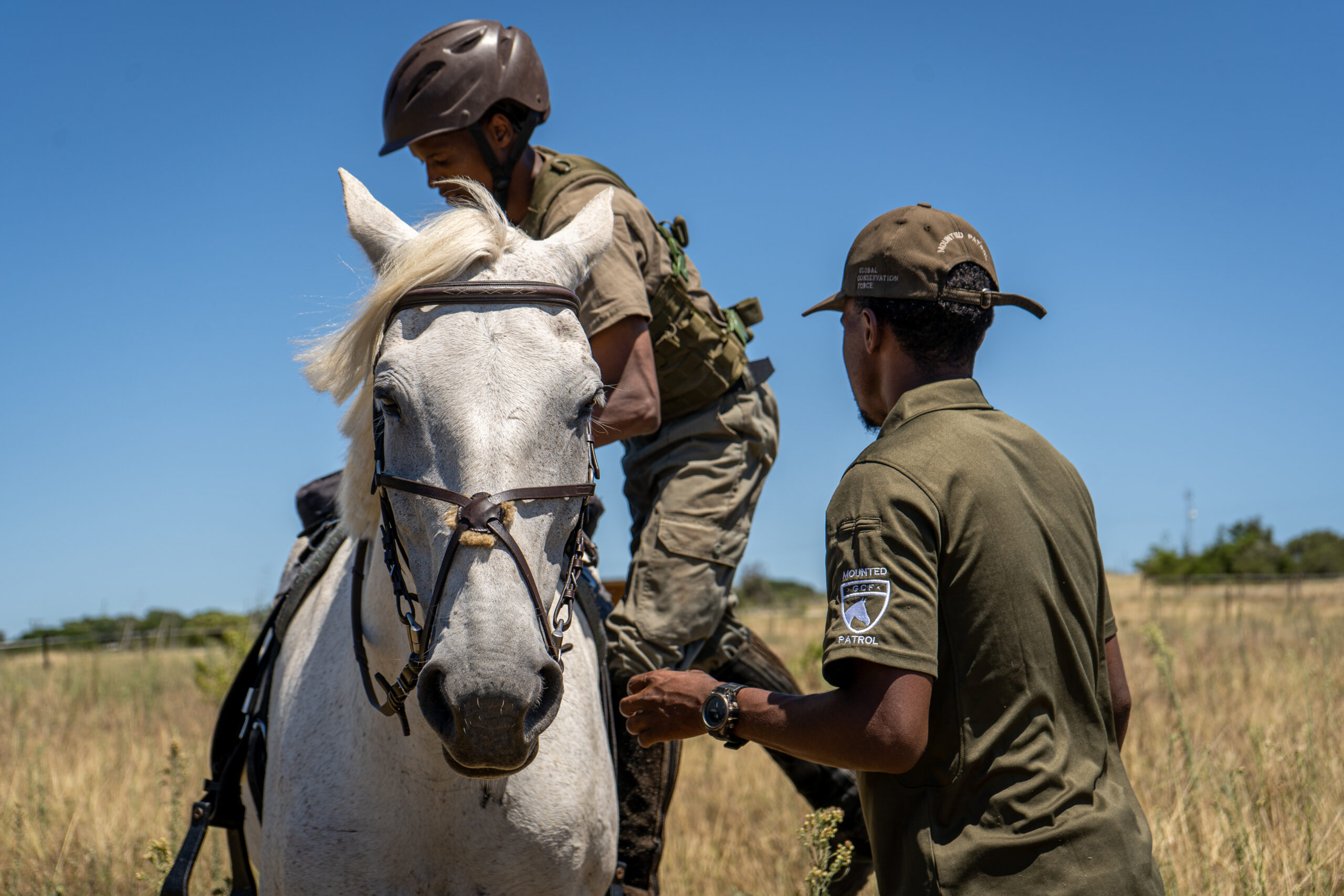
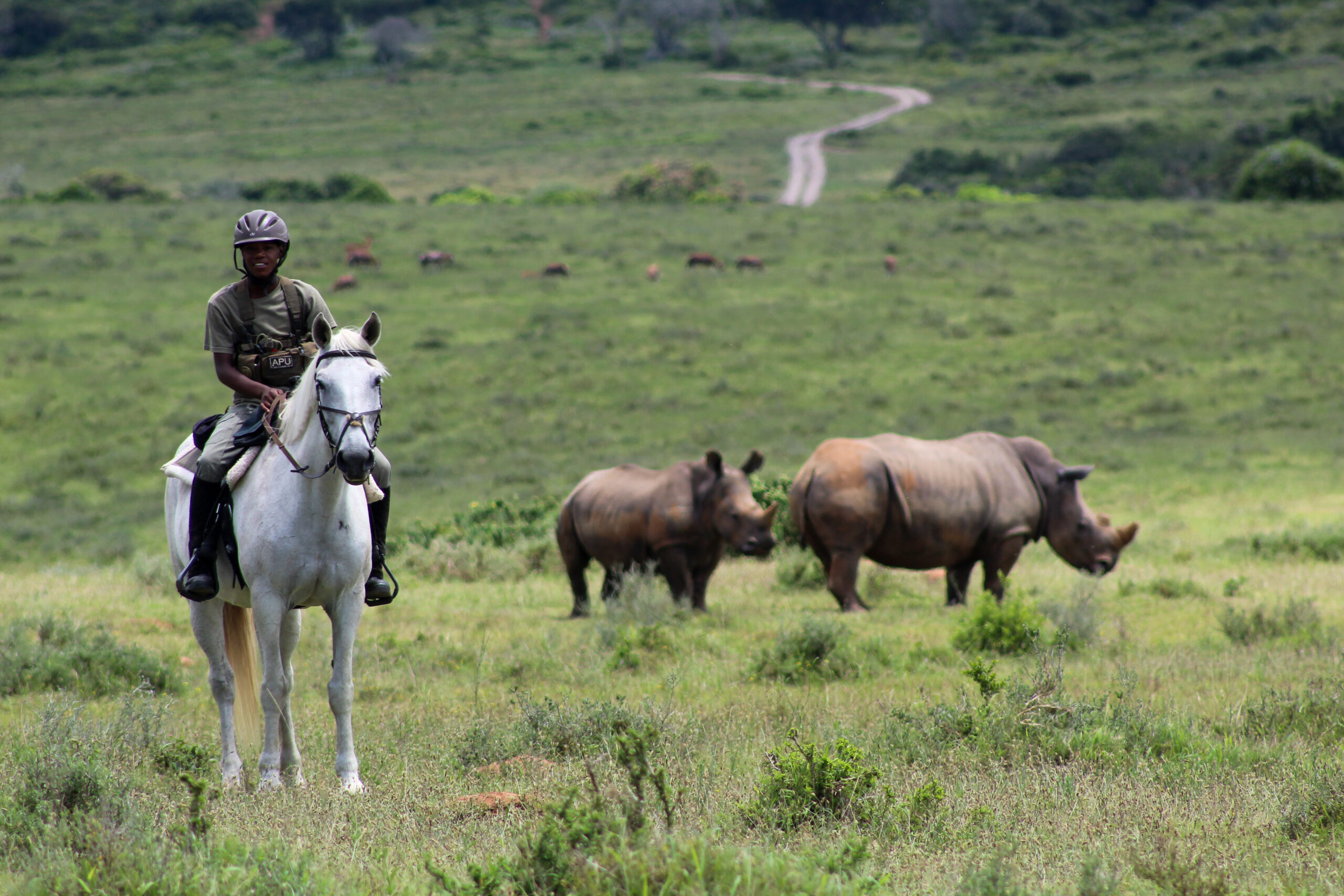
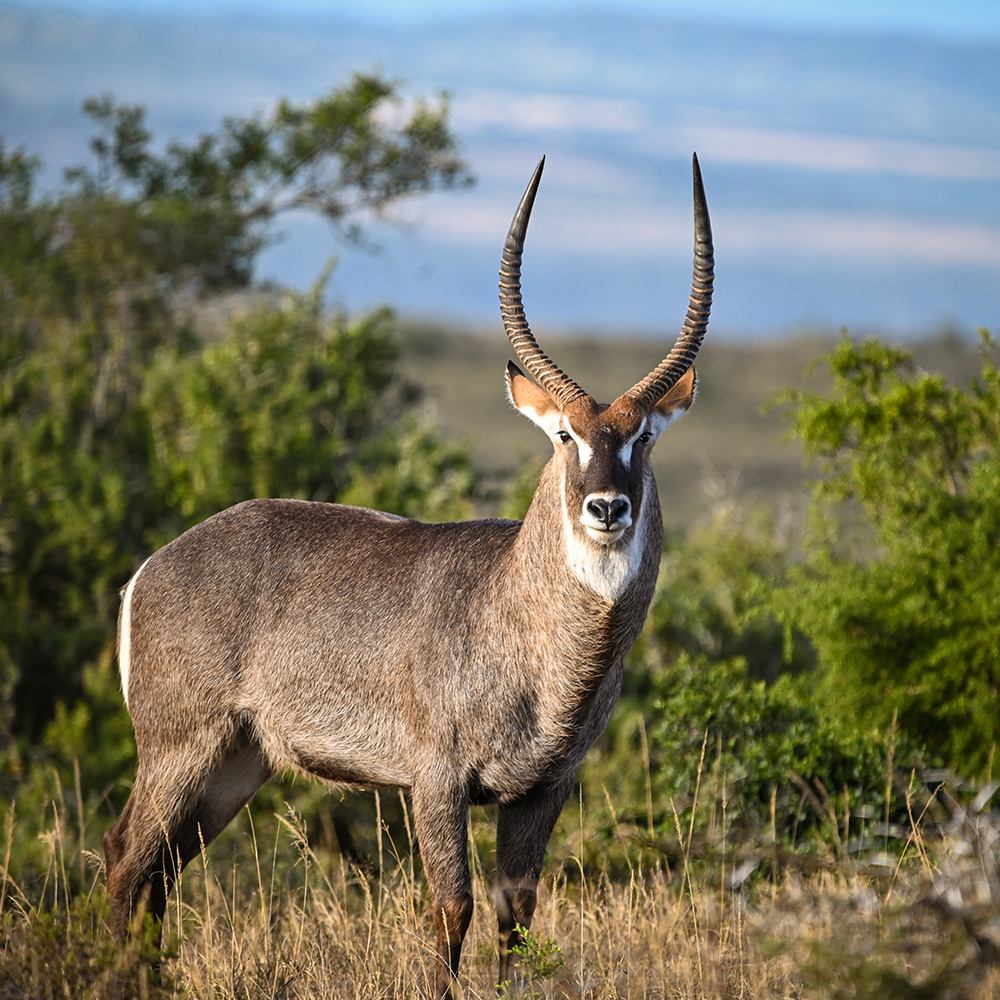
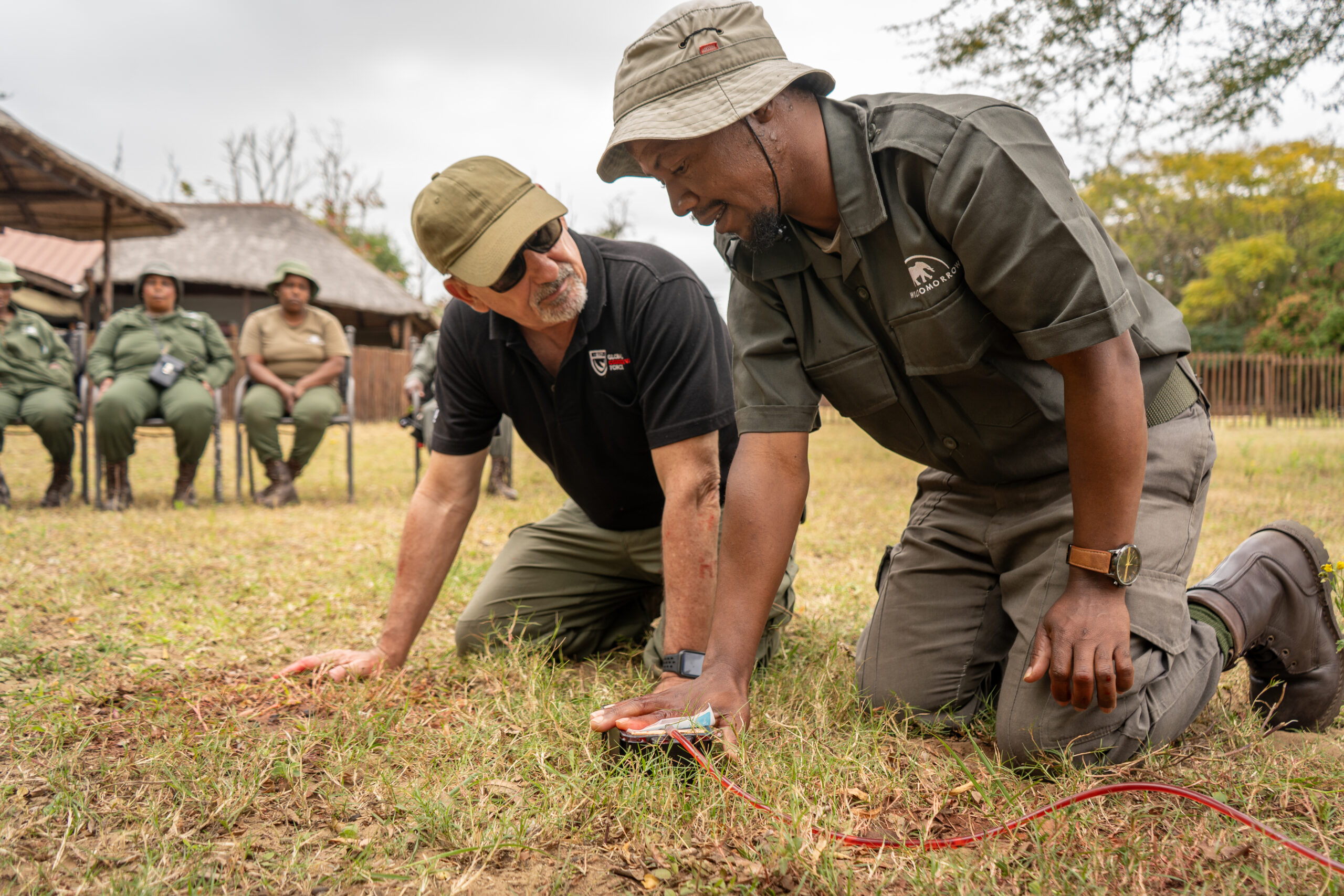
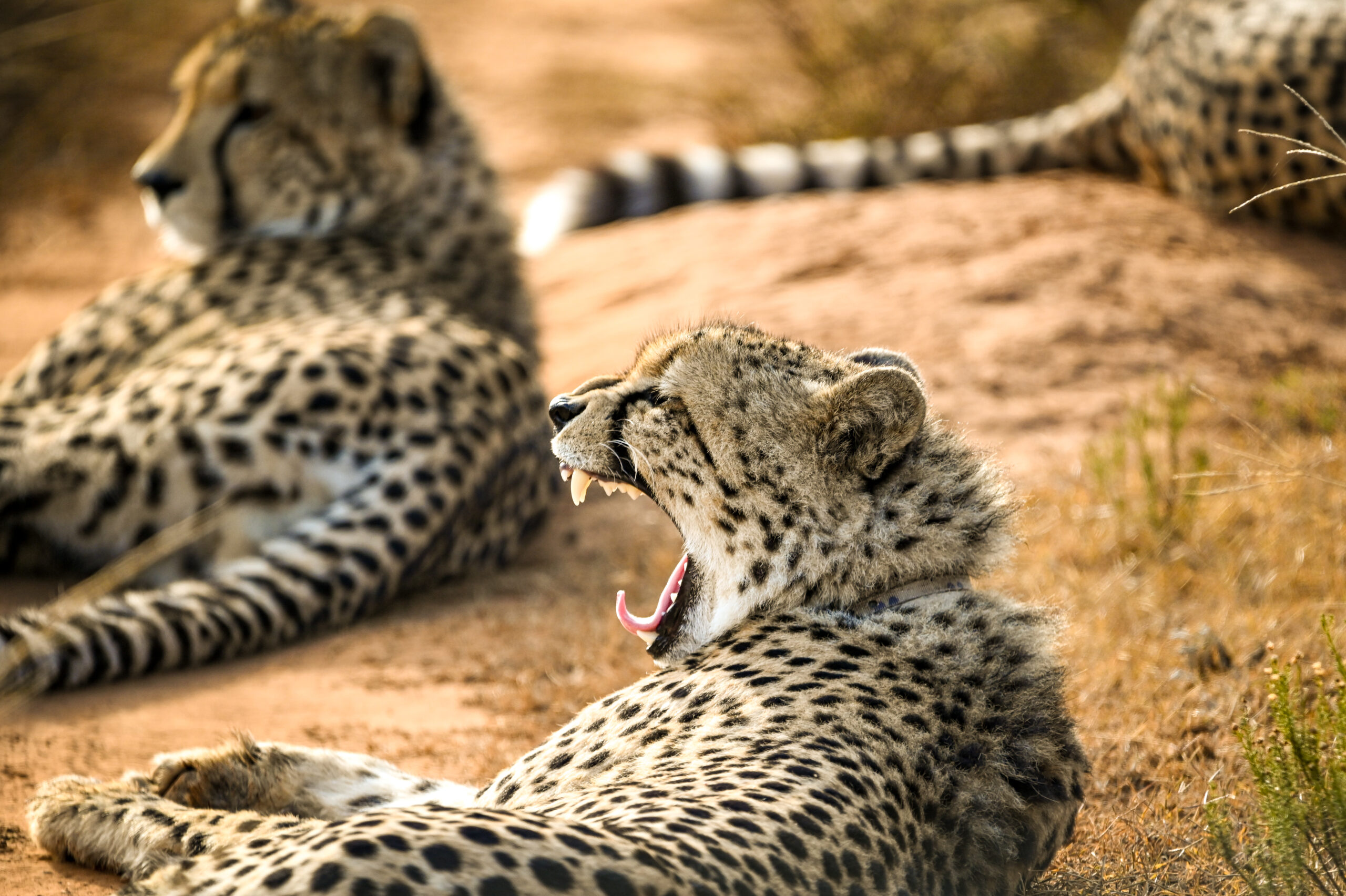
Leave a Reply